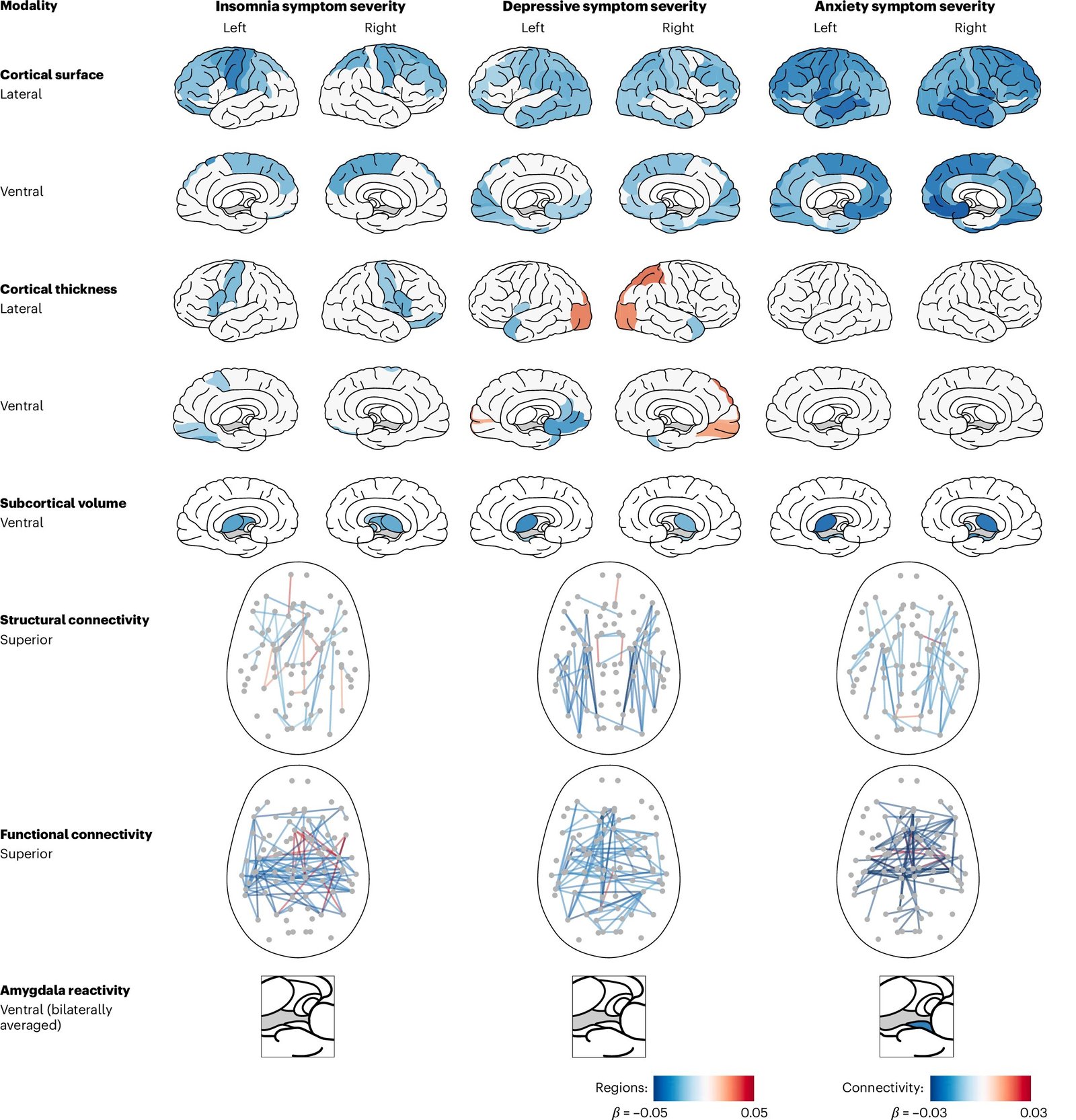Mindfulness, a practice that involves focusing on the present moment without judgment, is not merely a trend. It is supported by scientific research that demonstrates its effectiveness in enhancing emotional intelligence. Recent studies indicate that consistent mindfulness practice contributes to measurable improvements in emotional regulation, social skills, and empathy.
Research from the University of California, Berkeley, reveals that individuals who engage in mindfulness meditation show a 20% increase in emotional awareness compared to those who do not. This heightened awareness allows individuals to better recognize their own emotions and those of others, leading to more effective interpersonal interactions. Additionally, a meta-analysis published in the Journal of Happiness Studies found that mindfulness training programs resulted in a 30% improvement in participants’ ability to manage stress and anxiety, further contributing to emotional stability.
Another important aspect of mindfulness is its impact on empathy. A study conducted at Harvard University showed that participants who practiced mindfulness for eight weeks reported a 25% increase in empathetic responses during social situations. This suggests that mindfulness not only helps individuals understand their own emotions but also enhances their ability to connect with others on an emotional level.
Furthermore, mindfulness practices have been shown to improve decision-making abilities. Research from the University of Massachusetts demonstrated that individuals who practiced mindfulness made more thoughtful choices under pressure. Participants who engaged in mindfulness exercises before making difficult decisions were 50% more likely to consider the long-term consequences of their actions, compared to those who did not practice mindfulness.
These findings suggest that incorporating mindfulness into daily routines can lead to substantial improvements in emotional intelligence. Organizations and educators are increasingly recognizing the value of mindfulness programs. Schools have begun implementing mindfulness curricula, which have resulted in improved academic performance and reduced behavioral issues among students. In workplaces, mindfulness training has been linked to increased employee productivity and job satisfaction, as employees report feeling less stressed and more focused.
In summary, the evidence supports mindfulness as a valuable tool for enhancing emotional intelligence. Through regular practice, individuals can expect to see improvements in their emotional awareness, empathy, and decision-making skills, ultimately leading to better mental health outcomes and more fulfilling relationships.



